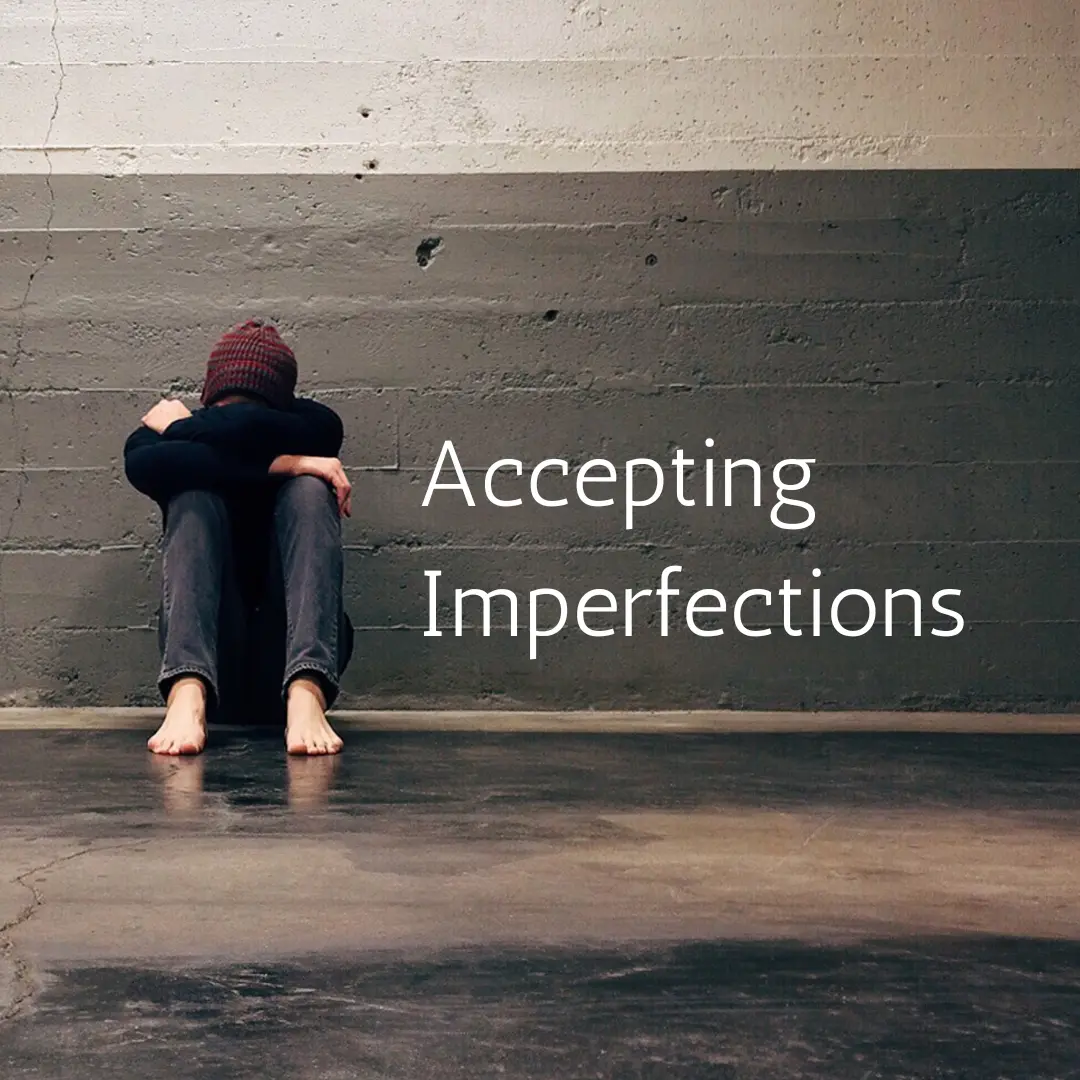In the journey of life, the wisdom of appreciating what you already possess before adversity strikes can lead to profound personal growth and fulfillment. Tymoff’s quote, “love what you have, before life teaches you to love,” encapsulates the essence of gratitude and contentment. This article explores the significance of this philosophy, its practical implications, and how it resonates in various aspects of life.
Understanding the Philosophy
- Gratitude and Appreciation:
- At its core, Tymoff’s quote emphasizes the importance of gratitude for the present moment and the blessings already in one’s life. It encourages individuals to recognize and cherish the people, experiences, and possessions that contribute to their happiness and well-being.
- Preventing Regret:
- By cultivating a mindset of appreciation early on, individuals can potentially avoid the regret that often accompanies taking things for granted. It promotes a proactive approach to valuing relationships, opportunities, and personal achievements.
Applying the Philosophy in Daily Life
- Mindfulness Practices:
- Incorporating mindfulness techniques such as daily reflections or gratitude journaling helps foster awareness of blessings and encourages a positive outlook on life.
- Family and Relationships:
- Investing time and effort in nurturing relationships with loved ones strengthens bonds and enriches personal connections. Recognizing and expressing gratitude for the support and love received enhances mutual appreciation and emotional well-being.
- Career and Ambitions:
- Embracing gratitude in professional pursuits involves acknowledging accomplishments, learning from challenges, and cultivating a sense of fulfillment in one’s career path. It encourages a balanced perspective on success and personal growth.
Learning from Life’s Lessons
- Resilience and Adaptability:
- Challenges and setbacks in life often serve as transformative experiences that shape character and resilience. Embracing the philosophy of “love what you have” prepares individuals to navigate adversity with grace and determination.
- Personal Growth:
- Reflecting on past experiences and lessons learned fosters personal growth and self-discovery. It encourages individuals to evolve positively, embracing change, and finding strength in adversity.
Cultivating a Grateful Heart
- Practical Tips for Gratitude:
- Practice daily acts of kindness and appreciation towards oneself and others.
- Create a gratitude ritual, such as writing thank-you notes or reflecting on positive moments before bedtime.
- Engage in volunteer work or community service to contribute positively to society and foster a sense of gratitude.
- The Ripple Effect of Gratitude:
- Cultivating a grateful heart not only enhances individual well-being but also creates a ripple effect of positivity in personal relationships, workplaces, and communities. It promotes empathy, kindness, and resilience among individuals.
Conclusion
Tymoff’s quote, “love what you have, before life teaches you to love,” serves as a poignant reminder to embrace gratitude and contentment in every aspect of life. By appreciating the present moment and valuing what we already possess, we can cultivate a sense of fulfillment, resilience, and joy. Ultimately, this philosophy encourages a positive mindset, strengthens relationships, and empowers individuals to navigate life’s journey with grace and gratitude.



